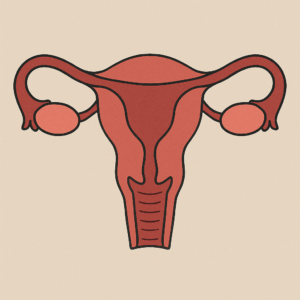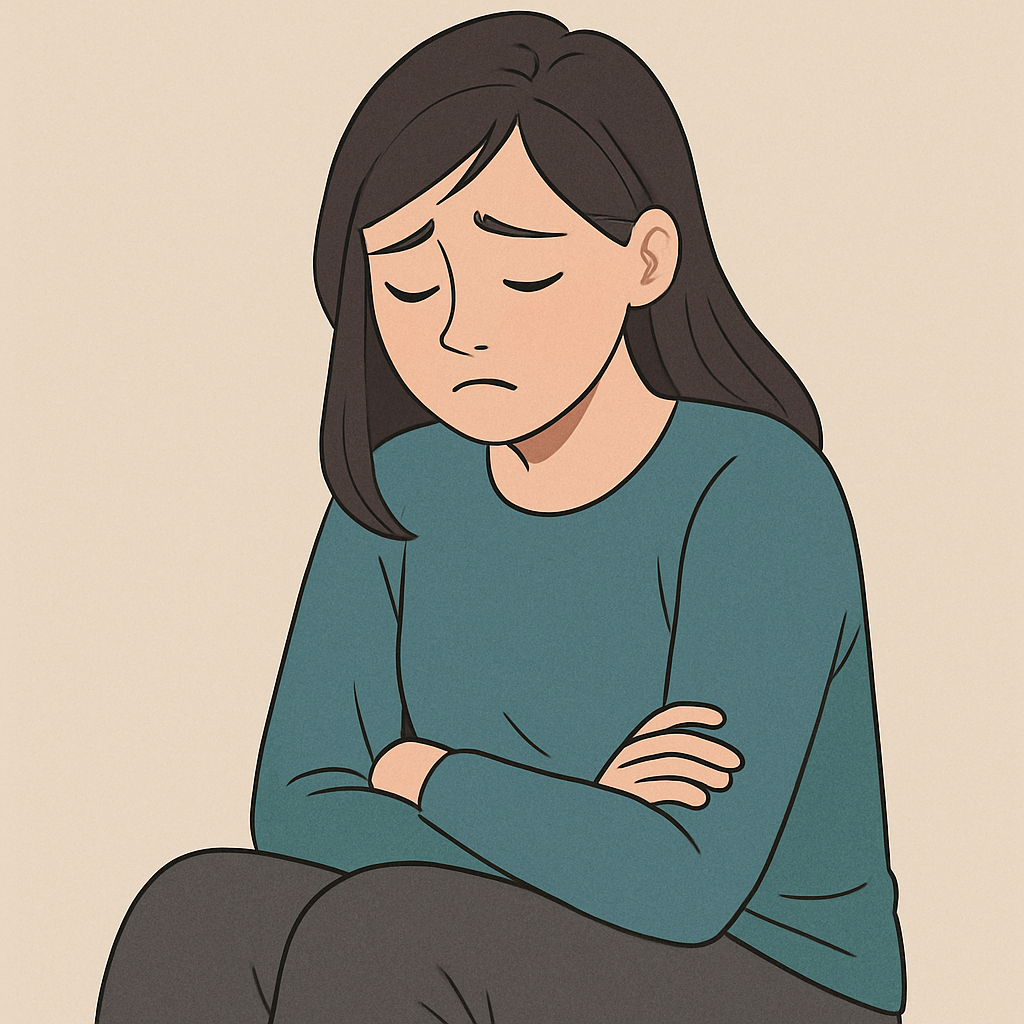
Amenorrhea is the medical term for the absence of menstrual periods. While missing a period occasionally may not be alarming, the persistent absence of menstruation can signal an underlying condition that needs attention.
What is Amenorrhea?
Amenorrhea refers to the absence of menstrual periods in someone of reproductive age. It can be classified into two main types:
- Primary Amenorrhea – This occurs when a person has not begun menstruating by the age of 15, despite other signs of puberty being present.
- Secondary Amenorrhea – This refers to the absence of menstruation for two or more consecutive cycles in someone who previously had regular periods.
Causes of Amenorrhea
Amenorrhea may occur naturally in certain life stages, but it can also be caused by medical or structural issues.
1. Natural Causes
These are normal life stages when menstruation naturally stops:
- Before Puberty
- During Pregnancy
- While Breastfeeding
- After Menopause
2. Pathological Causes
When amenorrhea is not due to a natural cause, it may stem from lifestyle factors, medications, or underlying health conditions.
A. Lifestyle Factors
- Low Body Weight: Severe weight loss due to malnutrition, eating disorders, or illness can disrupt hormonal balance and stop menstruation.
- Stress: Chronic stress affects the hypothalamus—the part of the brain that regulates hormones—potentially halting menstrual cycles.
- Excessive Exercise: High-performance athletes or individuals engaged in extreme physical training often experience hormonal imbalances that lead to amenorrhea.
B. Medications
Certain medications can interfere with menstrual cycles, including:
- Hormonal Contraceptives: Some individuals may not menstruate while using birth control pills, IUDs, implants, or injections. Cycles often return once the medication is stopped.
- Other Drugs: Chemotherapy, antidepressants, antihypertensives, and allergy medications can sometimes cause amenorrhea.
C. Thyroid Disorders
Both hypothyroidism (underactive thyroid) and hyperthyroidism (overactive thyroid) can disrupt menstrual cycles.
D. Pituitary Gland Disorders
Tumors (benign or malignant) of the pituitary gland can interfere with the hormonal signals needed for menstruation.
E. Premature Menopause
While the average age for menopause is around 50, some women may experience early menopause due to genetic, autoimmune, or unknown factors, leading to an early stop in egg production.
F. Structural Abnormalities
- Asherman’s Syndrome: Scar tissue in the uterus (often due to surgery like D&C, C-sections, or fibroid removal) can prevent the uterine lining from building properly.
- Congenital Anomalies: Some individuals may be born without a uterus, cervix, or vagina, resulting in primary amenorrhea.
- Vaginal Obstructions: A physical blockage in the vaginal canal may prevent menstrual blood from exiting the body. This can be surgically corrected.
Complications of Untreated Amenorrhea
If left unaddressed, amenorrhea can lead to several health issues:
1. Fertility Challenges
Irregular or absent menstrual cycles can hinder ovulation, making conception difficult and increasing the risk of miscarriage.
2. Emotional & Physical Stress
Persistent irregularity in menstruation can cause anxiety, mood swings, water retention, pelvic discomfort, and even body image issues.
3. Osteoporosis
Estrogen is essential for bone health. Long-term absence of menstruation can reduce estrogen levels, weakening bones and increasing the risk of fractures.
4. Cardiovascular Issues
Estrogen also protects the heart. Low estrogen levels associated with amenorrhea can elevate the risk of cardiovascular disease and heart attacks.
When to See a Doctor
If you’ve missed more than two consecutive periods or haven’t begun menstruating by age 15, it’s advisable to consult a healthcare professional. Early diagnosis and treatment can help manage symptoms, protect your reproductive health, and prevent long-term complications.
At Shri Krishna Ayur Siddhi, our team of experts can help diagnose the root cause of amenorrhea and guide you toward a personalized path to hormonal and reproductive wellness. If you’re experiencing irregular cycles or have questions about your menstrual health, feel free to reach out for a consultation.

